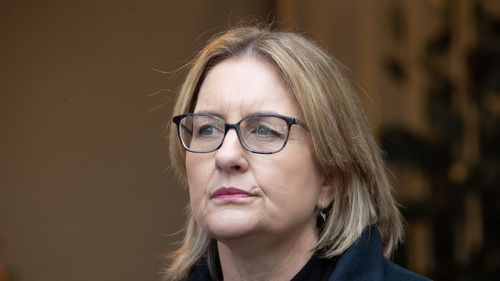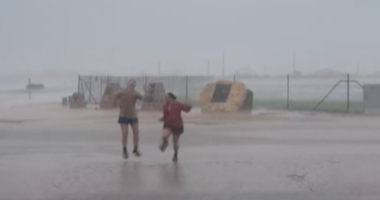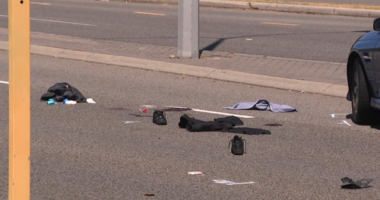Share this @internewscast.com
The Victorian Government has revised the state’s voluntary assisted dying (VAD) laws to enhance service accessibility for individuals with terminal illnesses.
Among the 13 proposed amendments to the 2017 legislation is the removal of a clause that prohibited doctors from recommending VAD as an option to terminally ill patients exploring end-of-life solutions.
The eligibility criteria have also been expanded by extending the life expectancy limit from six months to one year and reducing the required number of doctor consents from three to two for those with degenerative diseases.

Premier Jacinta Allan stated that these modifications aim to simplify and make the process more equitable for terminally ill individuals while ensuring it remains secure and stringent.
“People who are terminally ill and suffering in pain deserve the choice to live out their last days with dignity,” she said
“We’re reforming [VAD] to make it clearer and more compassionate for patients and their families, while keeping the safeguards secure.”
Victoria was the first state to introduce VAD laws in the 21st century, with all states having followed suit since then.
The Australian Capital Territory plans to introduce its VAD laws next month, whereas the Northern Territory currently lacks VAD legislation since its abolition in 1997 by the federal government at the time.

In Victoria, individuals can request voluntary assisted dying if they have a progressive disease that will lead to their death and is causing intolerable suffering.
They must be over the age of 18, have lived in Victoria for the past year, and have the ability to make the request themselves.
The state’s health minister said the new changes now bring Victoria’s laws into line with those of other states, and have also taken into account feedback from doctors in the state.
“We know our Australian-first VAD laws work to alleviate suffering and give Victorians a safe choice â but we know we need to bring them into line with other states, so more Victorians can live out their final days on their own terms,” Health Minister Mary-Anne Thomas said.
“We’ve listened to doctors who have told us they want to have open, honest conversations with patients about all their end-of-life options, so they can make safe and informed decisions.”














